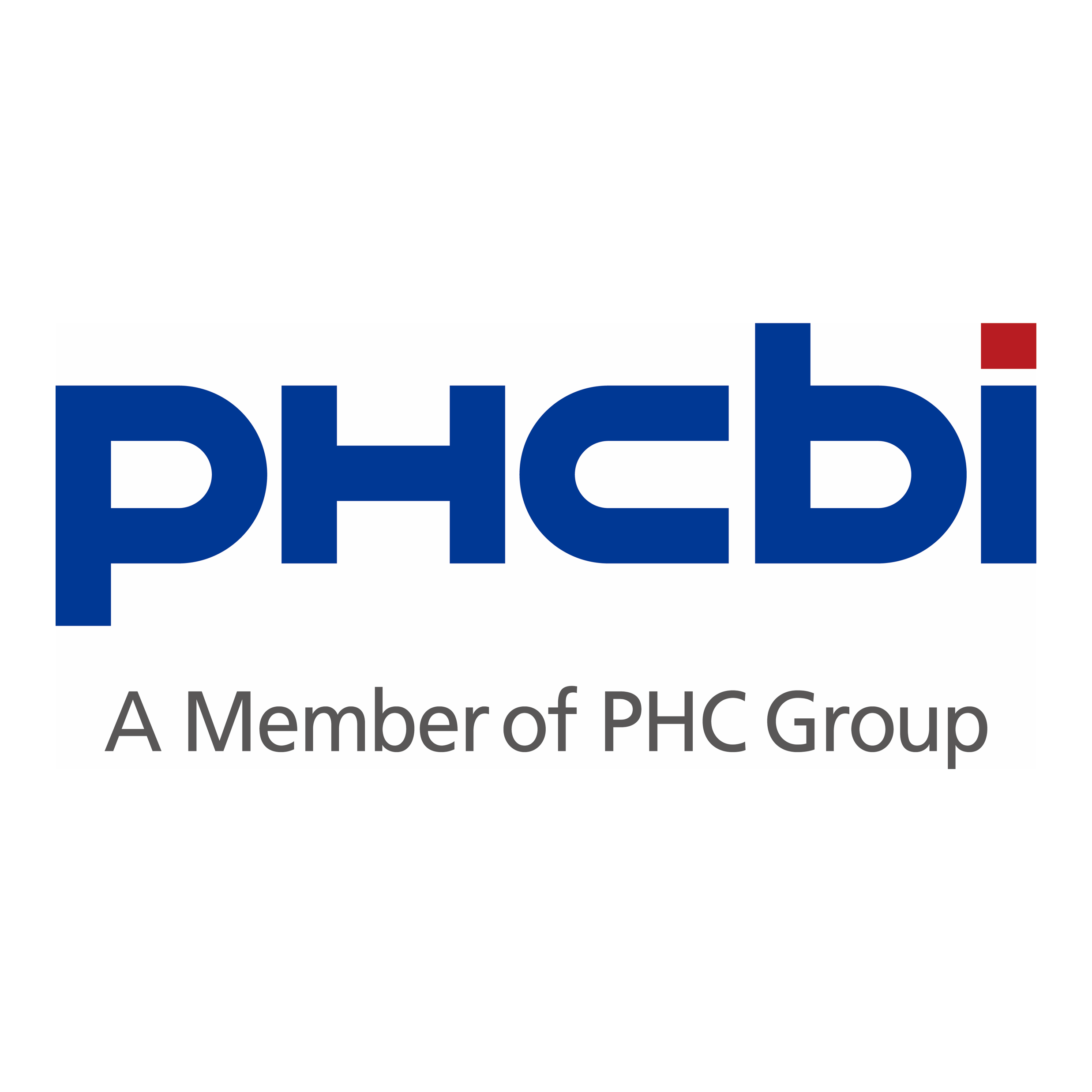Today, a brief rundown of news involving Harbour BioMed and Gilead Sciences, as well as updates from Geron, Biogen and Genmab that you may have missed.
Harbour BioMed on Wednesday launched a new biotechnology company, Élancé Therapeutics, that will develop bispecific antibody drugs for obesity. Elance will prioritize advancing therapies that can address the shortcomings of current weight loss medicines, such as by better preserving muscle or providing more durable benefits. Muscle mass preservation has become a new focus for the obesity field as other biotechs trying to develop weight-loss drugs that can compete with Novo Nordisk’s Wegovy and Ozempic and Eli Lilly’s Zepbound. Élancé will use an AI platform from Nona Biosciences to support its work. — Delilah Alvarado
After obtaining promising Phase 1 study data, Gilead Sciences plans to move directly into Phase 3 testing of once-yearly formulations of its HIV medicine lencapavir as a preventive treatment. Results from that Phase 1 trial showed blood plasma concentrations of lenacapavir remained above 95% effective levels for at least 56 weeks with either of two tested formulations, Gilead said Tuesday. The annual dosing formulations are being developed as intramuscular shots, rather than the subcutaneous version that proved effective as a twice-yearly regimen. Lenacapavir is already approved in several countries as treatment for multidrug-resistant HIV. — Ned Pagliarulo
Geron CEO John “Chip” Scarlett, who has led the company for more than a decade, will leave at the end of this month, the drugmaker said Tuesday. Board member Dawn Carter Bir will serve as interim president and chief executive while Geron conducts a search for a new leader who has “significant commercial experience.” The 35-year-old company last year won U.S. approval for its first drug, Rytelo, for myelodysplastic syndromes. “It has been an honor to serve Geron over the last 14 years and participate in the development and launch of our first-in-class telomerase inhibitor,” Scarlett said in a statement. — Ned Pagliarulo
Biogen has begun late-stage testing for what the company describes as a "key asset" in its pursuit to become a bigger player in immunology research. A trial codenamed "Transcend" plans to enroll around 120 kidney transplant patients who are experiencing antibody-mediated rejection, or AMR, meaning their bodies view the organ as a foreign invader and are deploying the immune system to attack it. AMR is a leading cause of kidney transplant loss, and Biogen estimates around 23,000 people are living with it in the U.S. The drug, called felzartamab, was originally developed by MorphoSys, but most rights were sold to another company, HI-Bio, in 2022. Novartis and Biogen have since bought the two developers, respectively. Biogen said it intends to start Phase 3 trials evaluating felzartamab as a treatment for two types of kidney damage later this year.— Jacob Bell
Johnson & Johnson has passed on an opportunity to license a Genmab drug for multiple myeloma, deciding against exercising its option on the Danish company’s HexaBody-CD38. While Genmab said Monday data for the drug looked promising, it won’t move forward with developing the drug on its own after reviewing the market landscape and its own development priorities. The companies had partnered on HexaBody-CD38 — a would-be successor to the CD38-targeting Darzalex — in 2019. As part of that arrangement, Genmab provided J&J with data from a proof-of-concept study comparing the drug to Darzalex. Genmab said the news does not affect its 2025 financial guidance. — Delilah Alvarado













